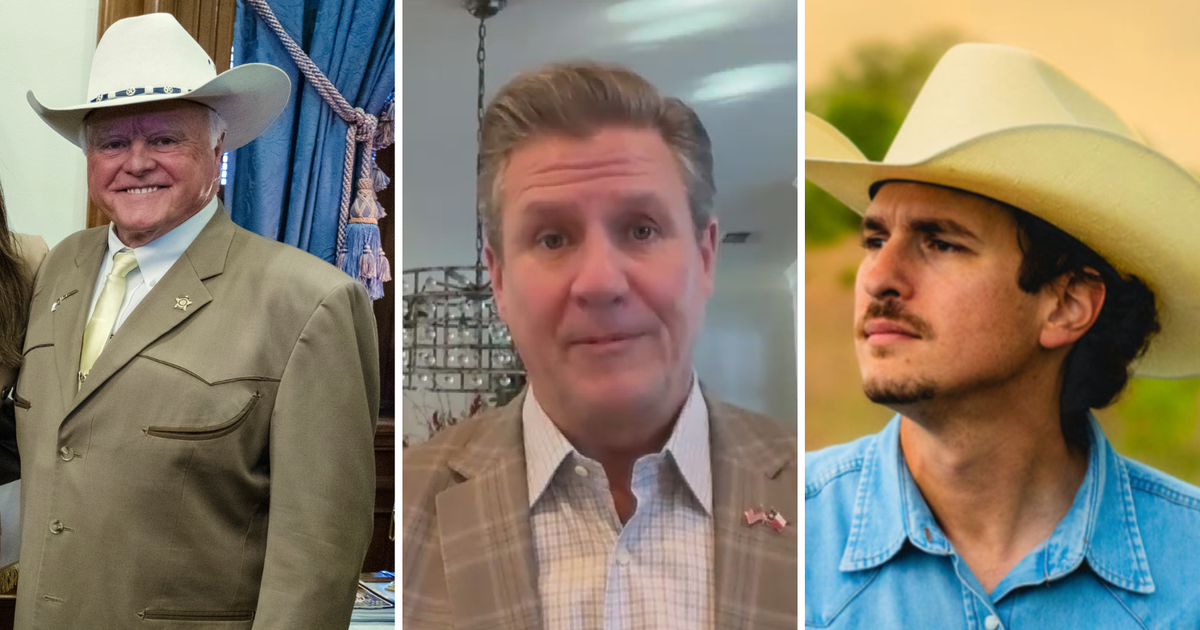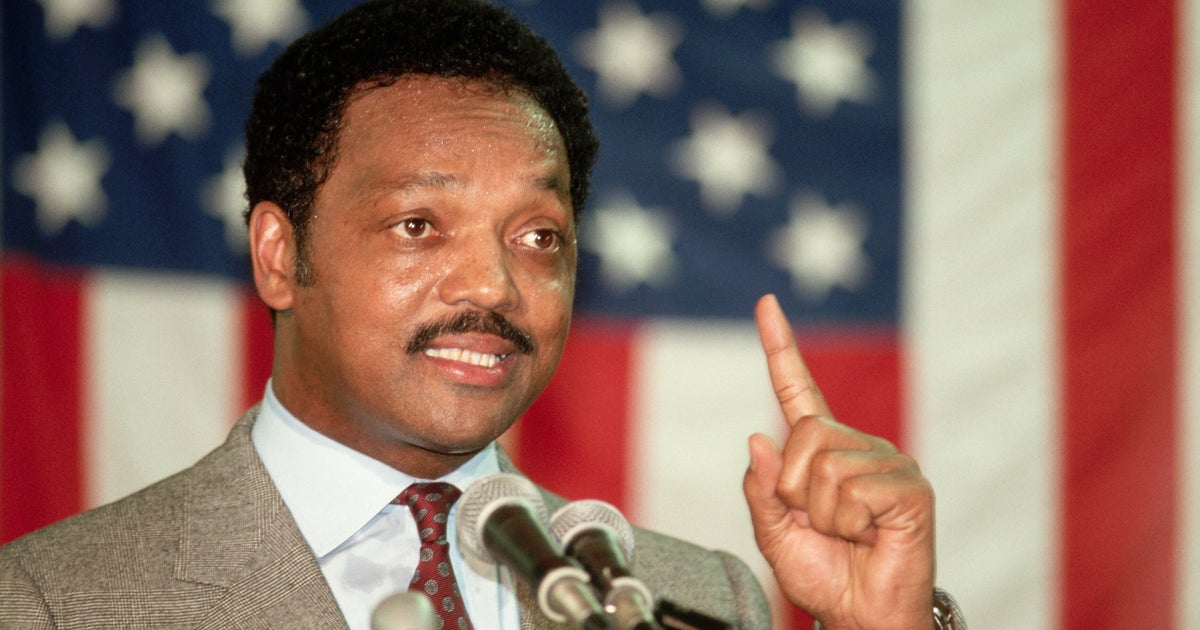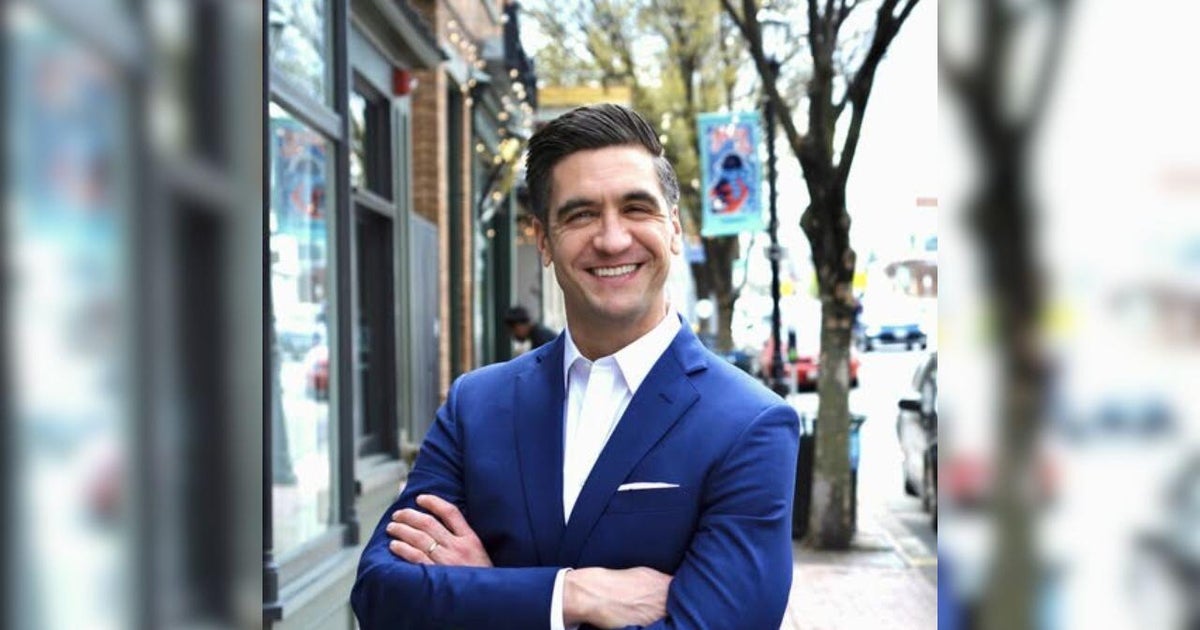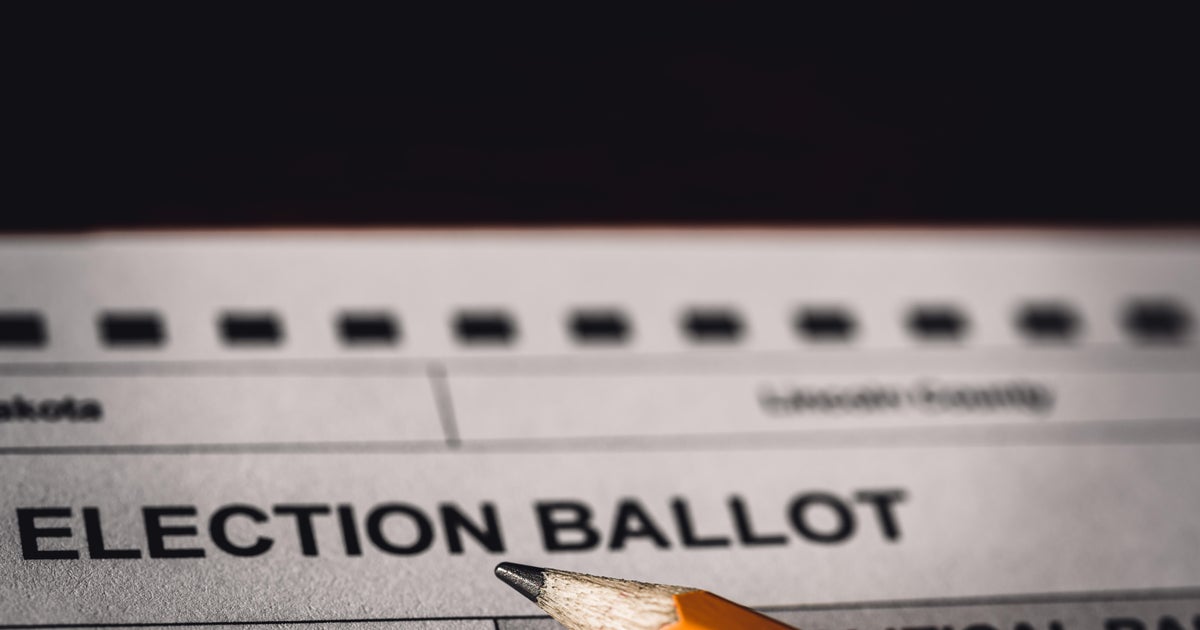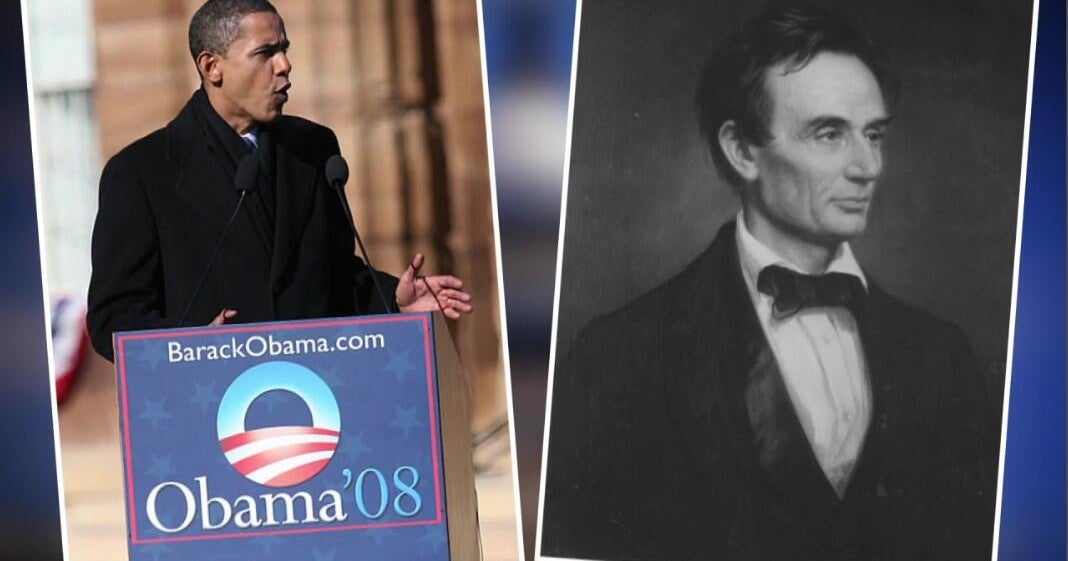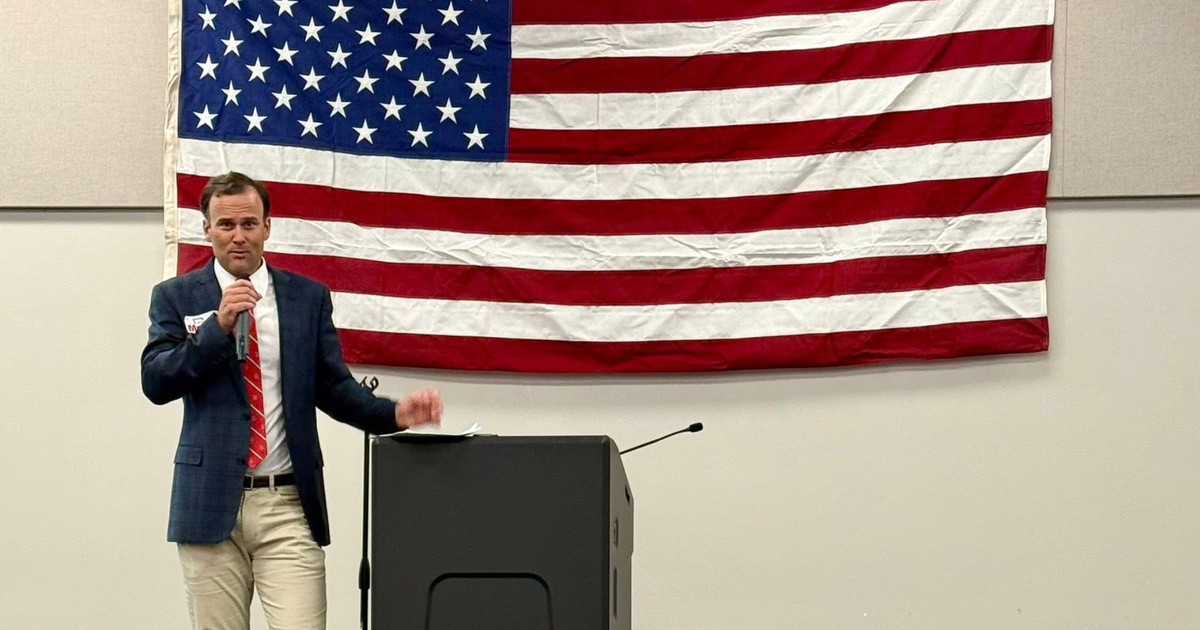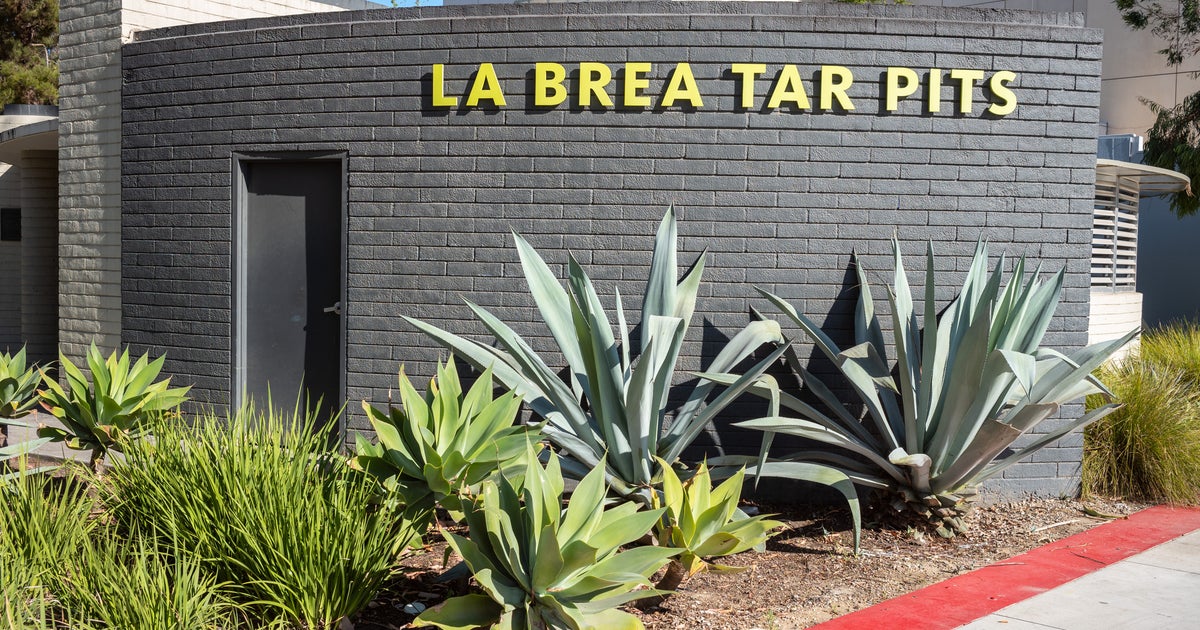Dems' Nomination Likely To Be Calmer Than 2008
LANSING (AP) - Michigan Democrats are expected to nominate Barack Obama for a second term next weekend, free of the drama of national party threats, candidate withdrawals and talk of a "do-over" that accompanied the 2008 presidential primary.
At more than 200 caucus sites throughout the state, Democratic activists will cast ballots starting at 11 a.m. May 5 for either Obama or "uncommitted." A hand vote will be held for each.
Voters must indicate at registration that they're participating as Democrats, but there's no requirement to join the party or even be a registered voter. Participants have to be eligible to vote in November, a requirement that will allow those not quite 18 to caucus.
Obama received 194,887 votes in the state's Feb. 28 Democratic primary, but the Michigan Democratic Party never intended to use those results to nominate the president. Party Chairman Mark Brewer accused the Republican secretary of state of trying to create confusion over his party's presidential nominating process by putting Obama's name on the Feb. 28 ballot even though Brewer had asked that it be left off, a charge Republicans denied.
Under national and state Democratic rules, anyone who voted for Obama in the primary was supposed to be barred from voting in the caucus. The state party changed the rules in February so residents who voted in the primary also could vote in the caucuses.
The last time Michigan caucuses were used to nominate a Democratic president for a second term, around 6,000 people showed up to back Bill Clinton in 1996. Brewer isn't making any predictions on what next week's turnout will be, but said a number of organizing events will be held at the same time.
Michigan Republicans faced a far different selection process this year, with Mitt Romney and Rick Santorum fiercely fighting for support and Ron Paul drawing large crowds at February campaign events. Romney had the most votes out of the nearly one million cast, but ended up with only two more delegates than Santorum, who has since dropped out of the race.
The 2008 GOP contest also went to Romney, a Michigan native and the son of former Gov. George Romney. As one of the nation's earliest primaries, the race between eventual presidential nominee John McCain, Mike Huckabee, Romney, Paul and others garnered national attention.
In contrast, the 2008 Democratic primary wasn't really even a contest. Hillary Clinton was the only major Democrat left on the ballot after John Edwards, Obama and others dropped off to protest Michigan's decision to join Florida in moving up its presidential primary to Jan. 15 - a violation of national party rules.
Clinton won the state, but many Obama supporters voted for "uncommitted." Clinton's campaign said she should have received all the pledged delegates since Obama wasn't on the ballot, while the Obama campaign said the delegates should be split equally.
The dispute went on for months, with some calling for a "do-over" election where Obama and Clinton both would be on the ballot. The matter was settled when an agreement was brokered that gave Obama 59 delegates while Clinton kept 69, which was moot once Obama acquired enough delegates to lock up the nomination. Michigan's 157 convention delegates were supposed to each lose half a vote as a penalty for the state's early primary, but national party officials eventually restored full voting rights.
This year, Michigan Democrats will take 203 delegates to the national convention in Charlotte, N.C., the highest number ever. Brewer said Michigan was granted 27 bonus delegates because it held its caucuses later in the year.
The caucuses come a week after this Saturday's Jefferson-Jackson Day dinner, a major fundraising event for Michigan Democrats. Former White House press secretary Robert Gibbs, now an outside adviser to the president, will be the keynote speaker at Detroit's Cobo Center.
© Copyright 2011 The Associated Press. All Rights Reserved. This material may not be published, broadcast, rewritten or redistributed.
